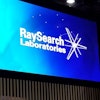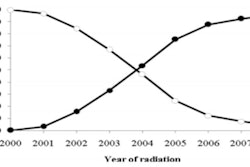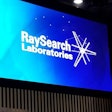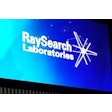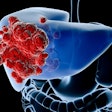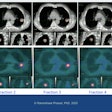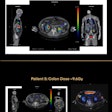Sirtex Medical is promoting a study of the use of its microspheres for treating patients with unresectable colorectal cancer liver metastases. Results were presented on Monday at the American Society of Clinical Oncology (ASCO) annual meeting being held in Chicago.
Sirtex researches, develops, and markets treatments for liver cancer that use small-particle technology. The firm's SIR-Spheres microspheres have been cleared by the U.S. Food and Drug Administration (FDA) as a radioembolization therapy for colorectal liver metastases, to be used alone or in combination with chemotherapy.
Radioembolization delivers doses of radiation directly to the site of tumors. Using a minimally invasive treatment, millions of radioactive SIR-Spheres are infused into the liver through a catheter. There, they selectively target liver tumors with an internal radiation dose up to 40 times greater than that of conventional radiotherapy, while sparing healthy tissue.
Principal investigator Dr. Andrew Kennedy, a radiation oncologist at the Cancer Centers of North Carolina, presented the outcomes of U.S. patients who had received this treatment since 2002. The study included 606 patients who received a total of 966 treatments at 10 participating cancer treatment centers. More than 90% of these patients had received prior chemotherapy, and more than 30% had also undergone liver surgery or ablation.
The median overall survival for these patients after their first microsphere treatment was 9.6 months, with a median follow-up of 8.6 months.
Adverse events were mild or moderate, with 2.1% of all treatments requiring subsequent patient hospitalization. In total, 45% of patients experienced fatigue, 28% experienced nausea, and 1% had liver failure.
